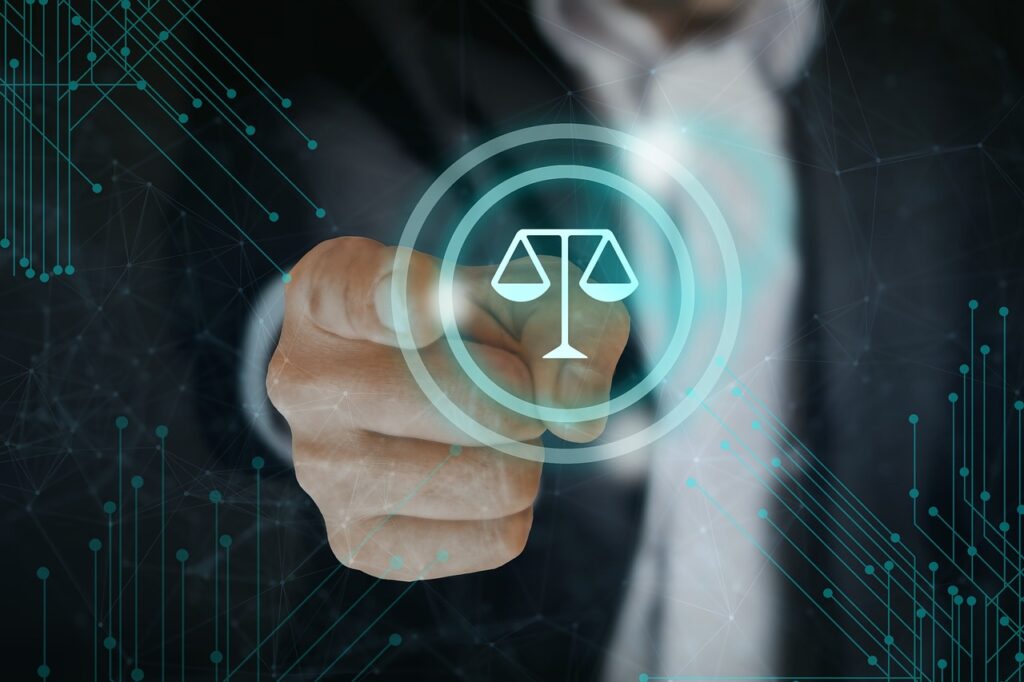As technology continues to advance at an unprecedented pace, the realm of cyber law is evolving to address new challenges and opportunities. With the increasing reliance on digital platforms for communication, commerce, and daily activities, cyber law must adapt to protect individuals, businesses, and governments from emerging threats while fostering innovation and economic growth. Here’s a look at some key areas shaping the future of cyber law.
Data Privacy and Protection
With the proliferation of personal data across the internet, data privacy has become a top priority for lawmakers worldwide. Regulations such as the General Data Protection Regulation (GDPR) and the California Consumer Privacy Act (CCPA) have set benchmarks for data protection, but future cyber laws will likely need to go further. Enhanced global cooperation and stricter enforcement mechanisms will be necessary to ensure data security in an interconnected world.
Artificial Intelligence (AI) Regulation
As AI continues to permeate various sectors, concerns over its ethical use, decision-making processes, and potential biases have prompted calls for regulatory frameworks. Future cyber laws will need to address accountability, transparency, and ethical considerations in AI deployment while balancing innovation and consumer protection.
Cybersecurity Standards and Compliance
Cyber threats such as ransomware attacks, data breaches, and hacking incidents are on the rise. Governments and international organizations are working to establish standardized cybersecurity regulations and compliance requirements for businesses and critical infrastructure. Future legislation may introduce mandatory cybersecurity audits, real-time threat reporting, and stricter penalties for non-compliance.
Digital Identity and Authentication
The future of cyber law will likely focus on strengthening digital identity frameworks to combat identity theft and fraud. Emerging technologies like blockchain-based identity verification and biometric authentication could play a crucial role in shaping regulations aimed at enhancing online security.
Intellectual Property Protection
With the rise of digital content creation, protecting intellectual property (IP) in the online space is becoming increasingly complex. Future cyber laws must find ways to balance the rights of creators with the need for accessible and fair use of digital content, especially in industries like entertainment, gaming, and software development.
Cross-Border Jurisdiction Challenges
The borderless nature of the internet presents significant jurisdictional challenges for law enforcement and regulatory agencies. Future cyber laws will need to address cross-border data transfers, international collaboration in cybercrime investigations, and the harmonization of legal standards across different regions.
Emerging Technologies and Legal Frameworks
Innovations such as the Internet of Things (IoT), blockchain, and quantum computing introduce new legal complexities. Future regulations will need to keep pace with these advancements by ensuring security, privacy, and ethical usage without stifling technological progress.
Consumer Protection in the Digital Age
As e-commerce and digital services grow, ensuring consumer rights in online transactions will be a critical aspect of future cyber law. Laws will likely evolve to include stronger measures against online fraud, deceptive practices, and the protection of digital assets.
Conclusion
The future of cyber law will require a dynamic and proactive approach to address the challenges posed by rapidly evolving technology. Policymakers, businesses, and individuals must collaborate to create a balanced legal framework that protects digital rights while promoting innovation. Staying informed and adaptable will be key to navigating the complexities of cyber law in the years to come.

